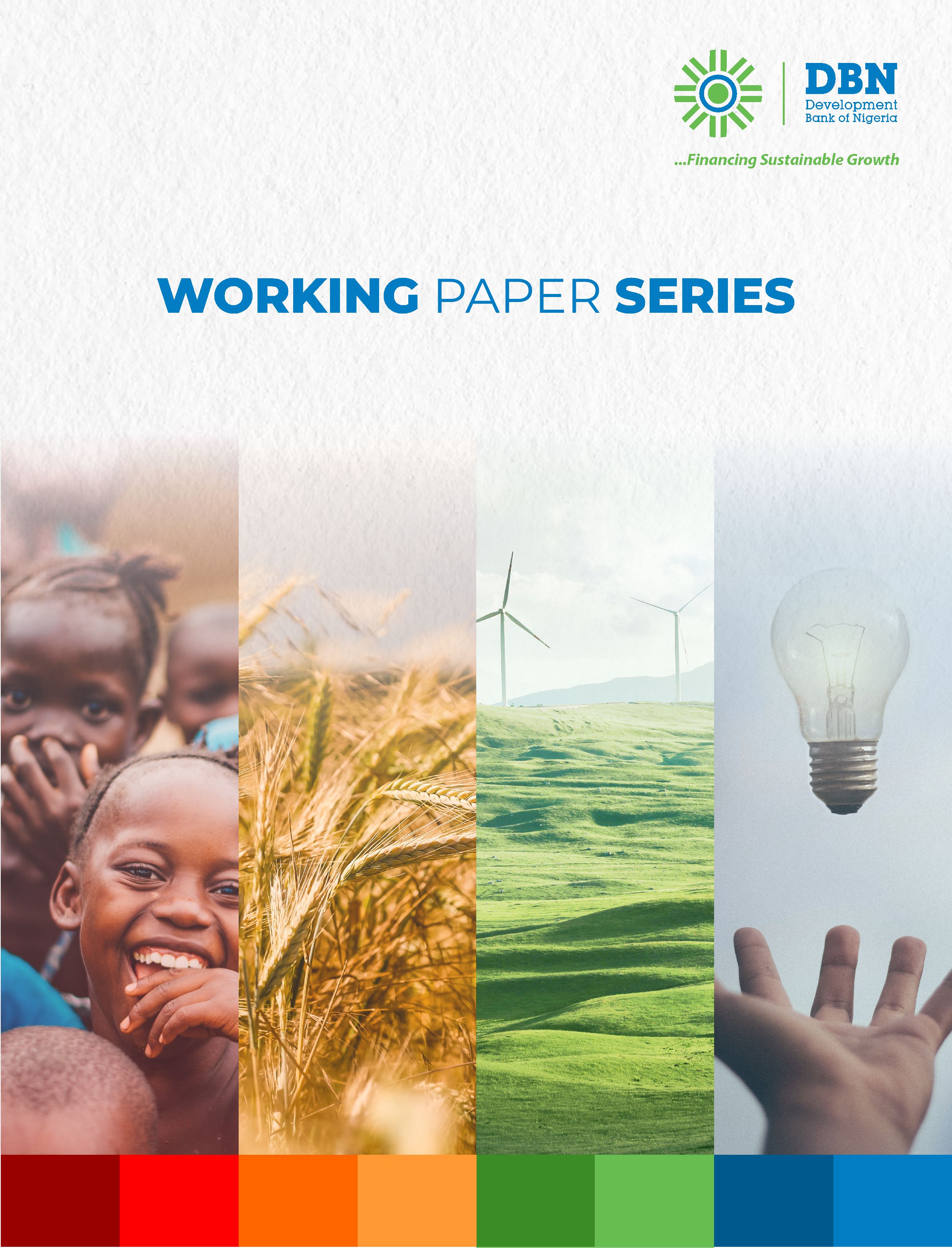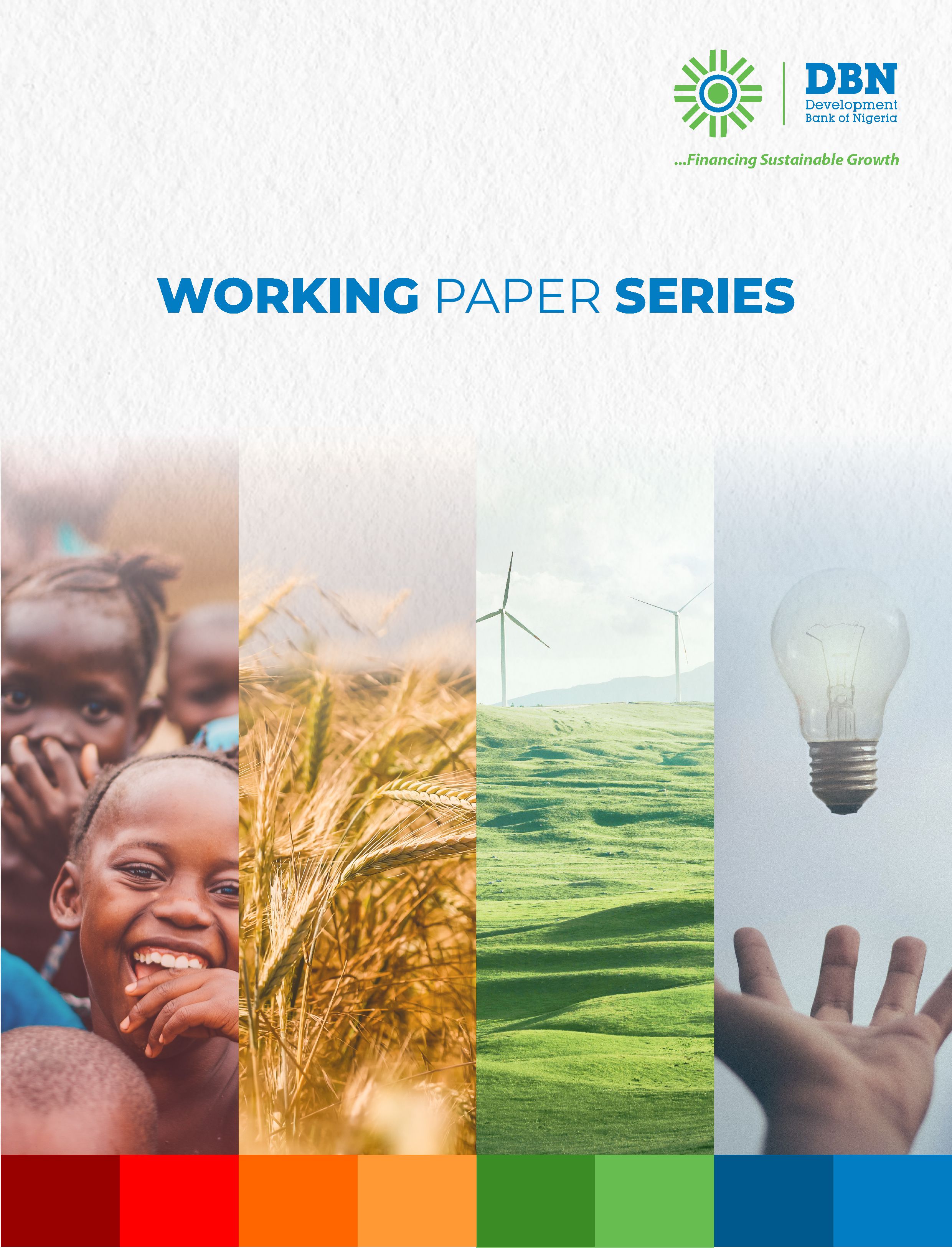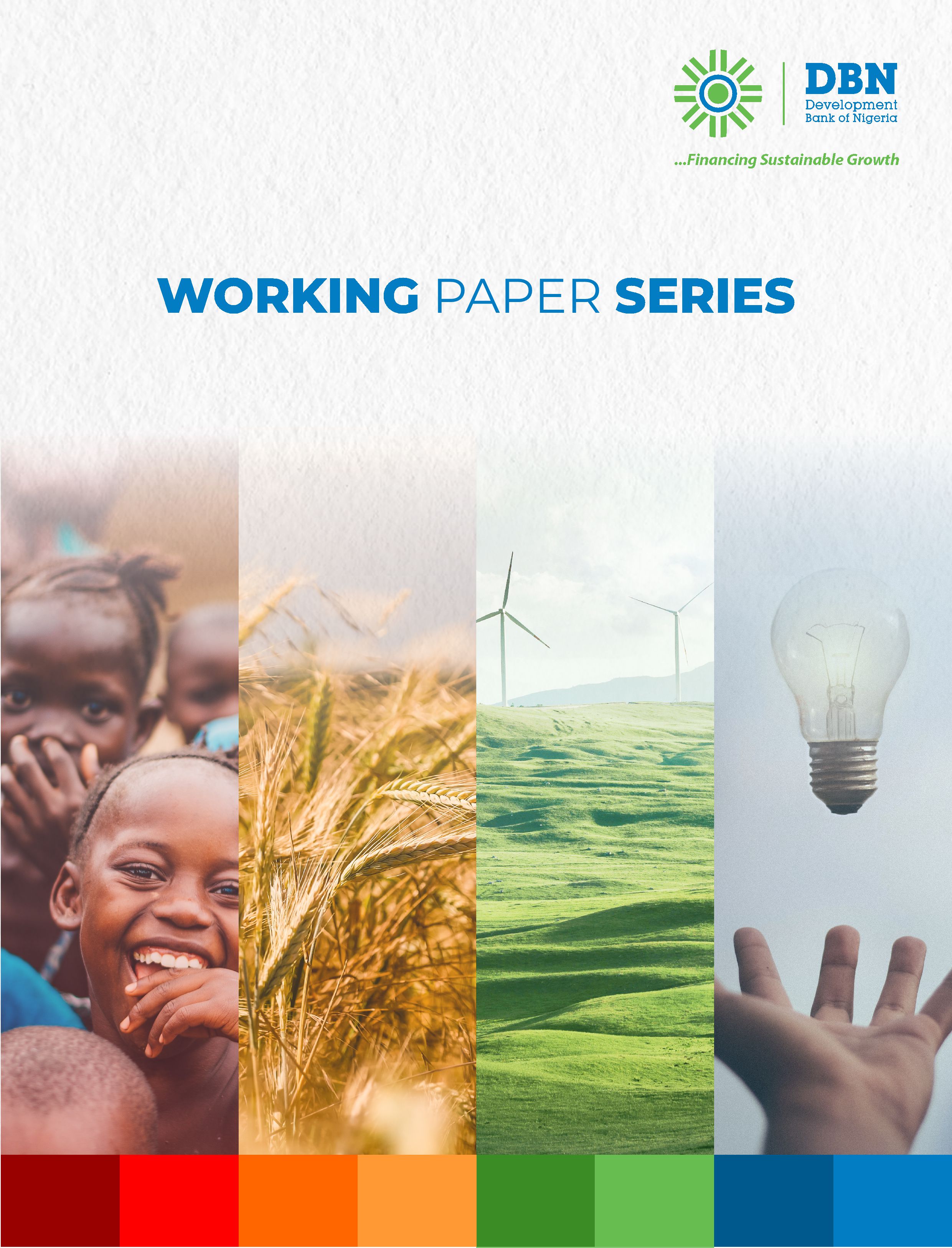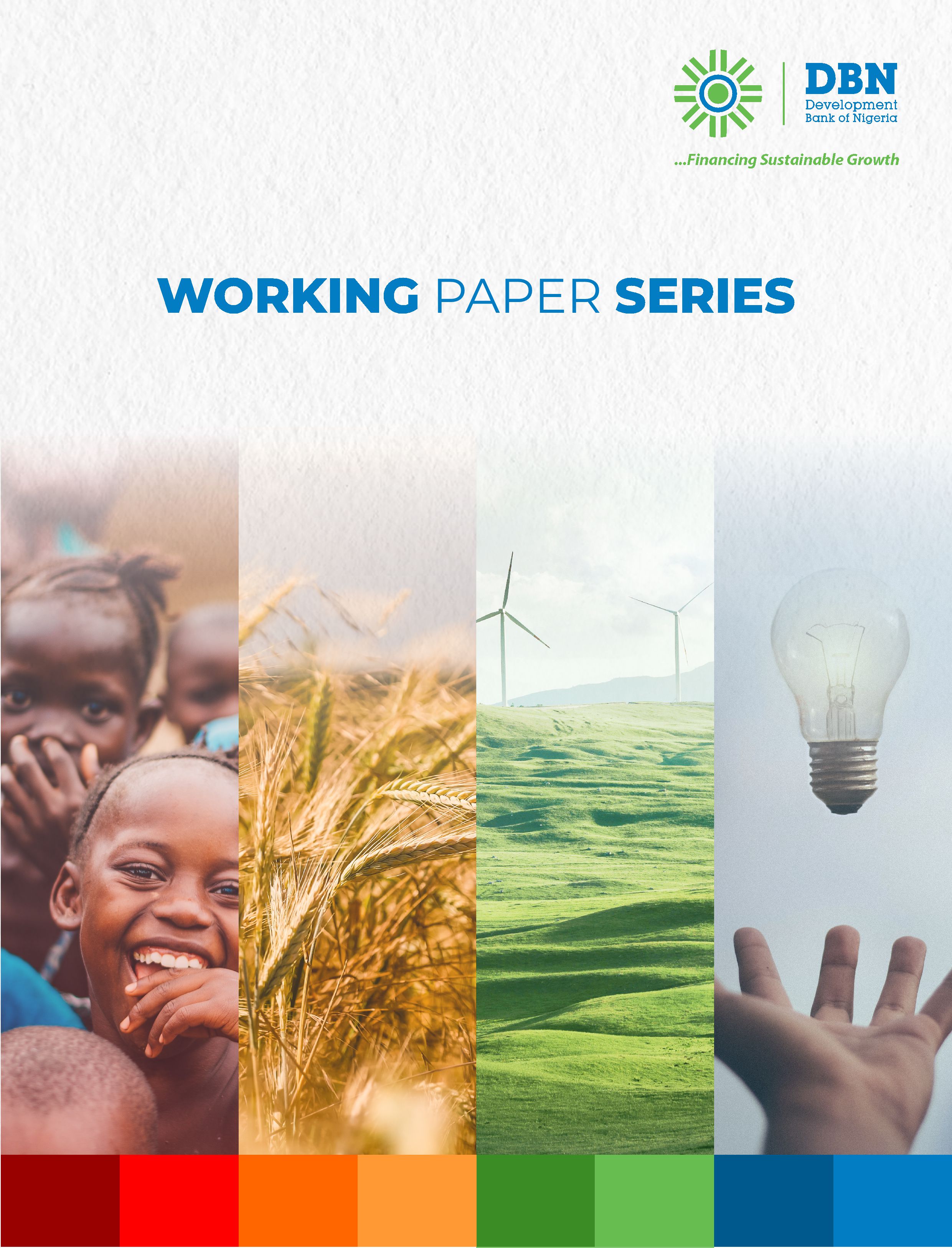
Publication Information
Published by: Admin
Published: 1 year ago
View: 254
Pages: 23
ISBN:
Abstract
The study assesses linkages between information technology, inequality and adult literacy in 57 developing countries for the period 2012-2016. Income inequality is measured with the Gini coefficient while six dynamics of information technology are taken on board, namely: use of virtual social network, internet access in schools, internet penetration, mobile phone penetration, fixed broadband subscription and number of personal computer users. The findings show that only internet access in schools unconditionally promote adult literacy. The corresponding inequality threshold that should not be exceeded in order for internet access in schools to continue promoting adult literacy is 0.739 of the Gini coefficient. Policy implications are discussed.
Nicholas M. Odhiambo Mr
Simplice A. Asongu Prof
Mushfiqur Rahman Mr
Related Publications

VOLUME 6 ISSUE 3 2023
The role of mobile money innovations in transforming unemployed women to self-employed women in sub-Saharan Africa

VOLUME 6 ISSUE 3 2023
The Impact of National Home Grown School Feeding Programme (NHGSFP) on Rural Communities in Nigeria

VOLUME 6 ISSUE 3 2023
Microfinance institutions and female entrepreneurship in Sub-Saharan Africa: avoidable female unemployment thresholds
